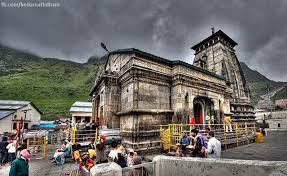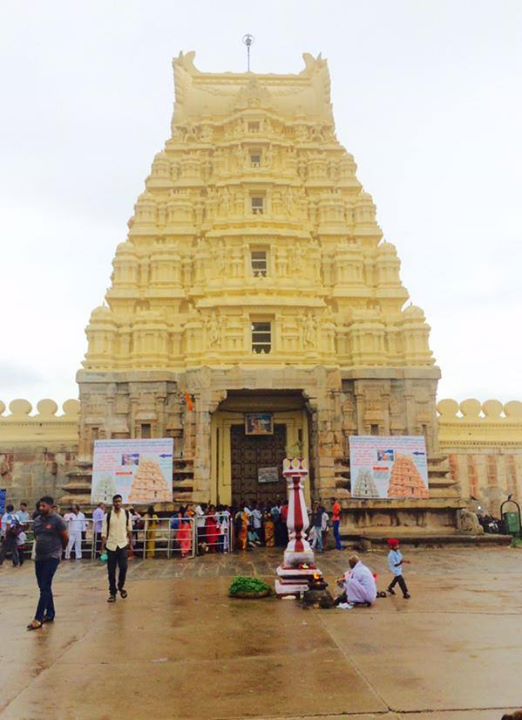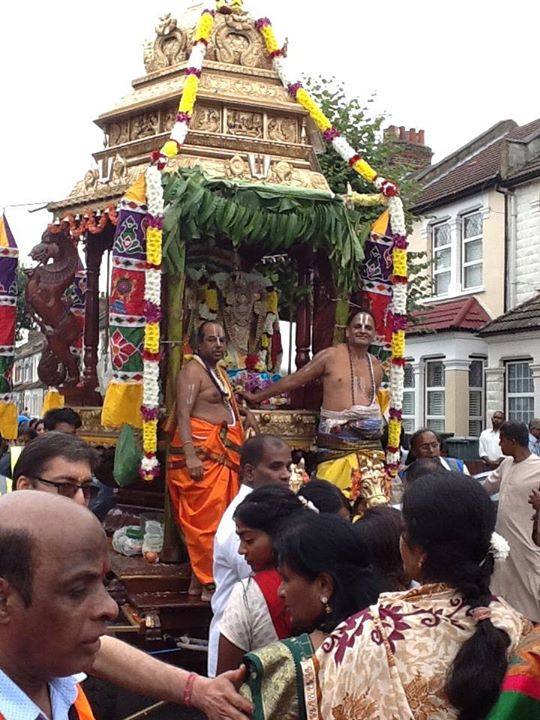The Realisation of the Absolute :4-1-8.

HARIDWAR - - - Chapter 4: The Nature of Reality : 1 1. BRAHMAN AS EXISTENCE OR BEING : 8. Sat (being) is an idea in relation to asat (non-being), chit (consciousness) in relation to jada (inertness), ananda (bliss) in relation to duhkha (pain), ananta (infinitude) in relation to alpa (limitedness), prakasha (light) in relation to tamas (darkness). Every qualitative concept involves relations, and every thought creates a duality. To think Brahmam is to reduce Brahmam to the world of experience. Thought is possible only in an individualised state, but Brahmam is not an individual, and is unapproachable by an individual. Swami Krishnananda To be continued .....










